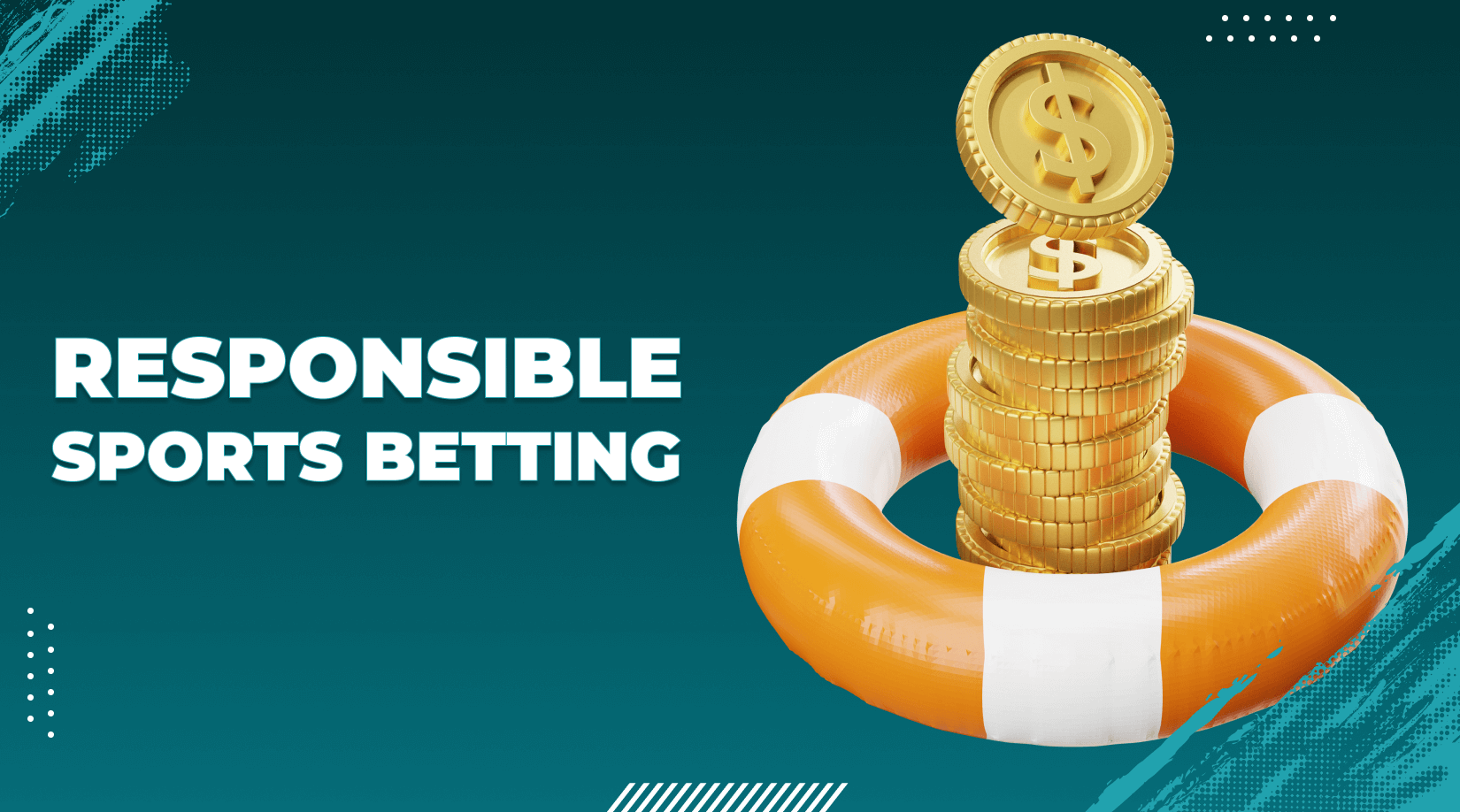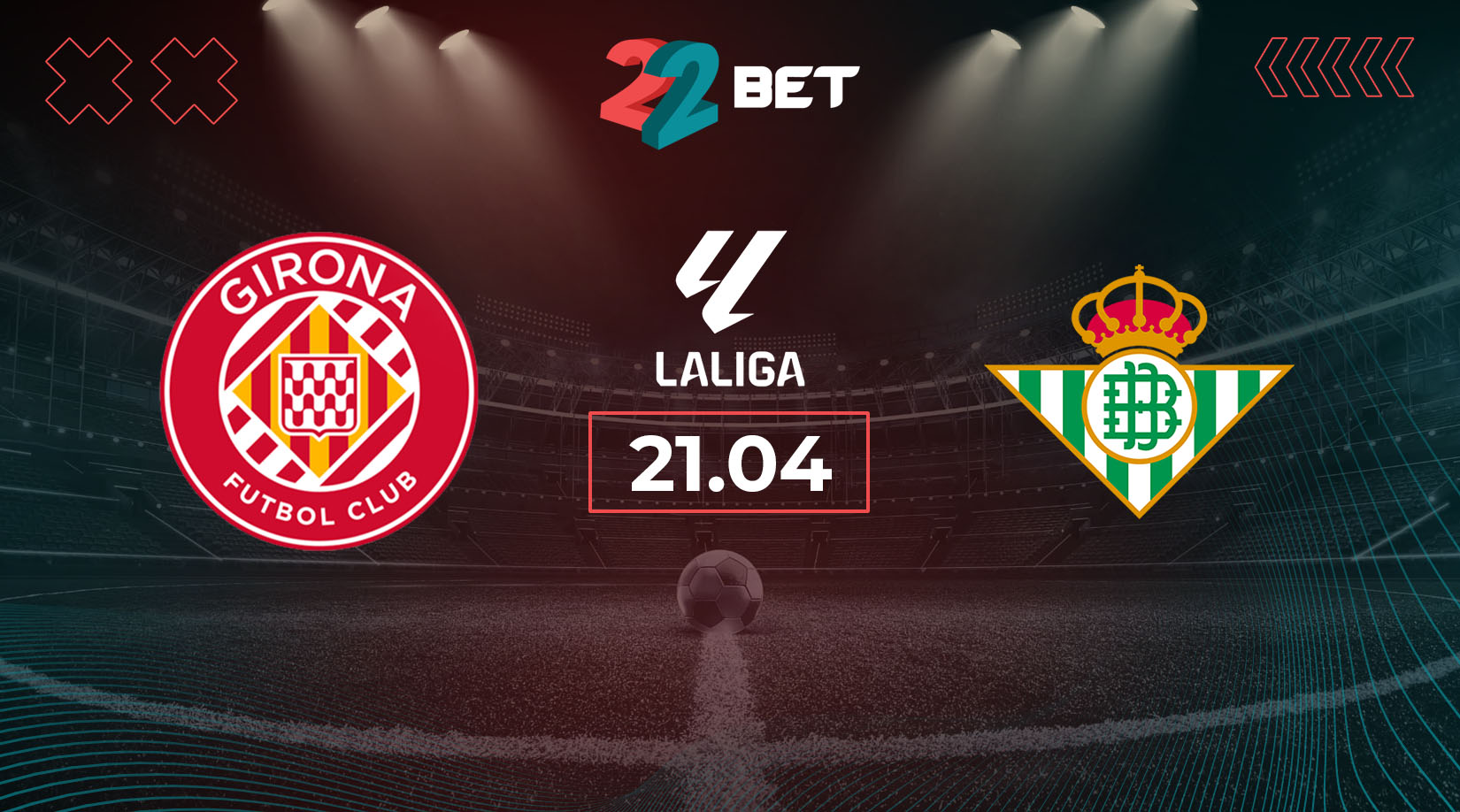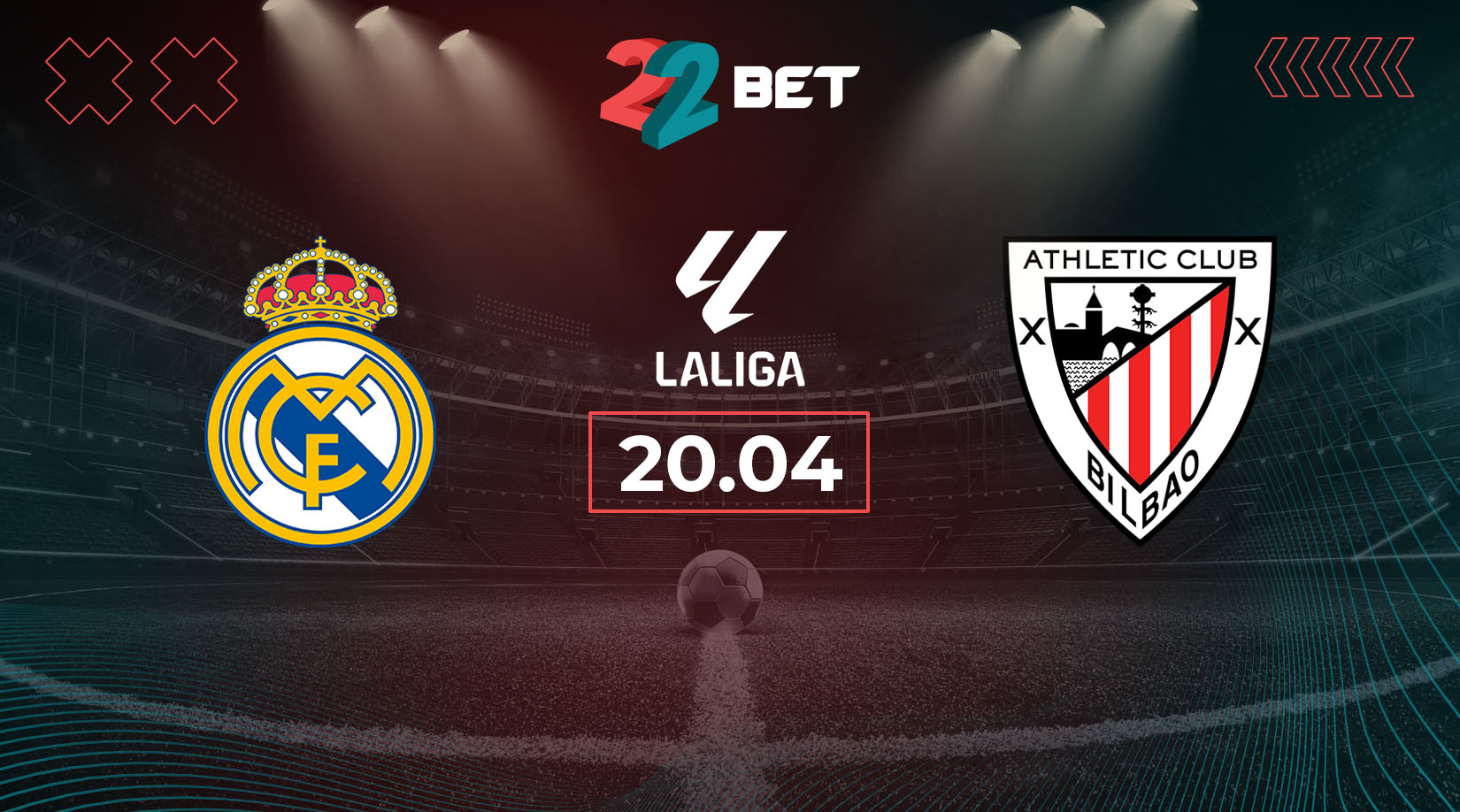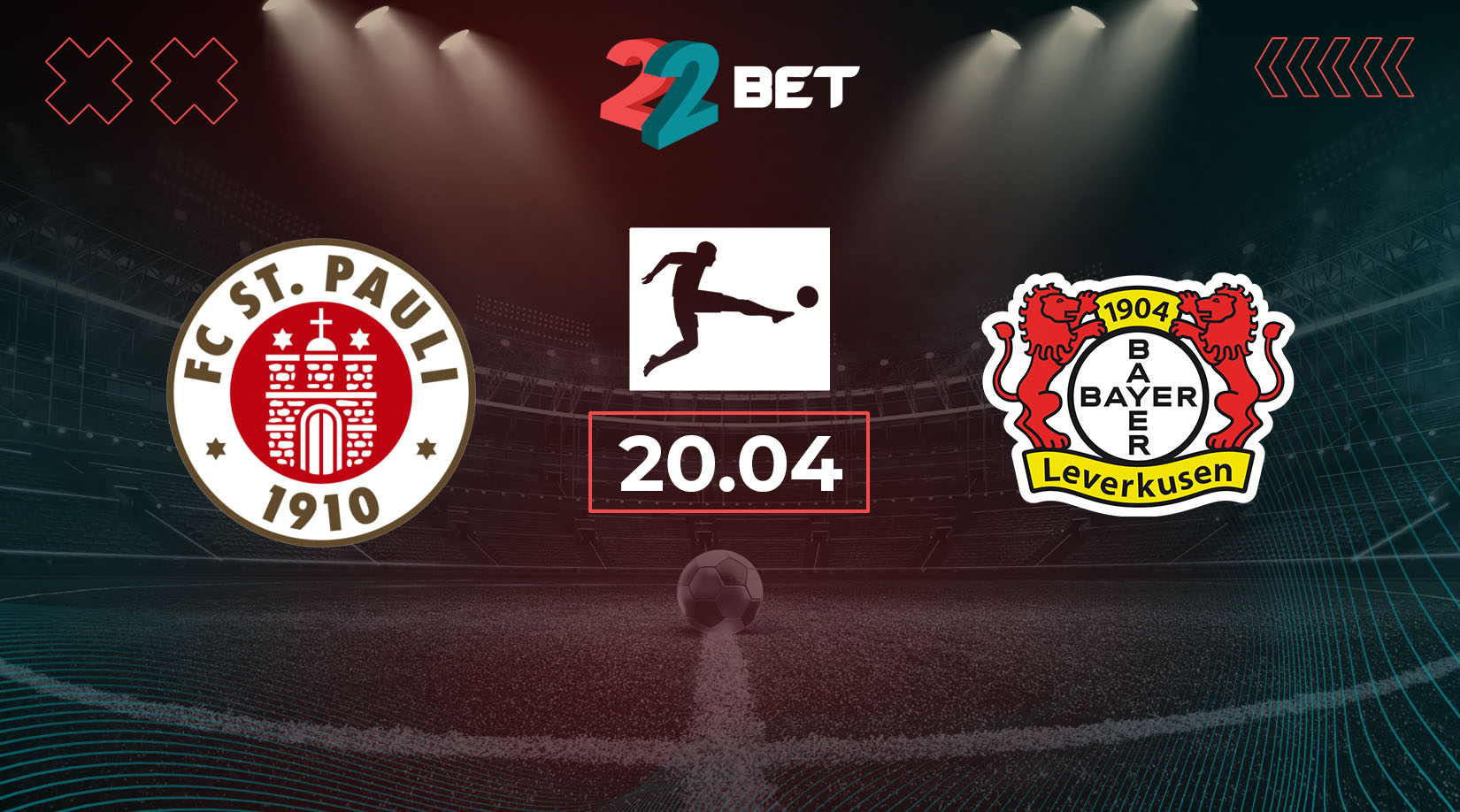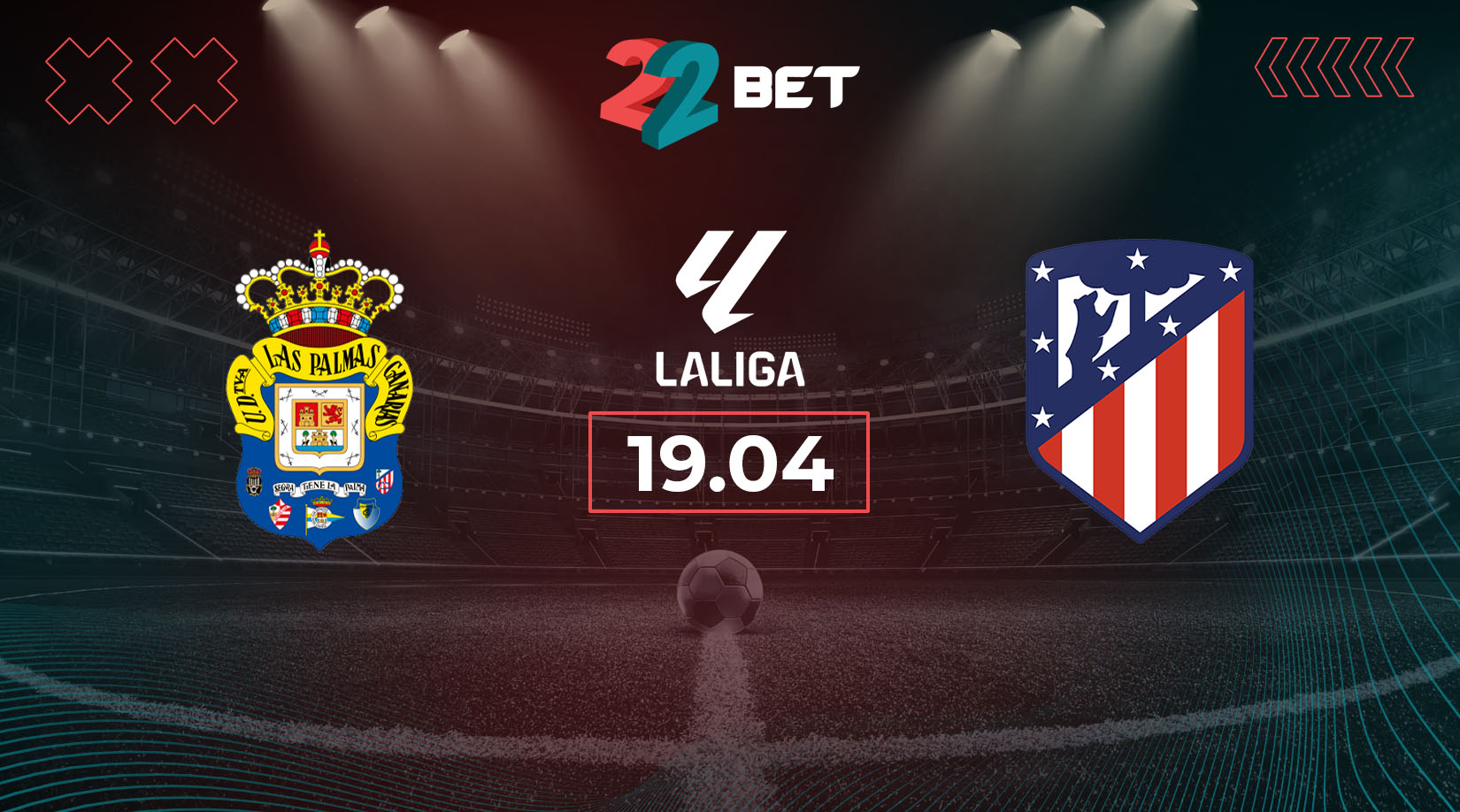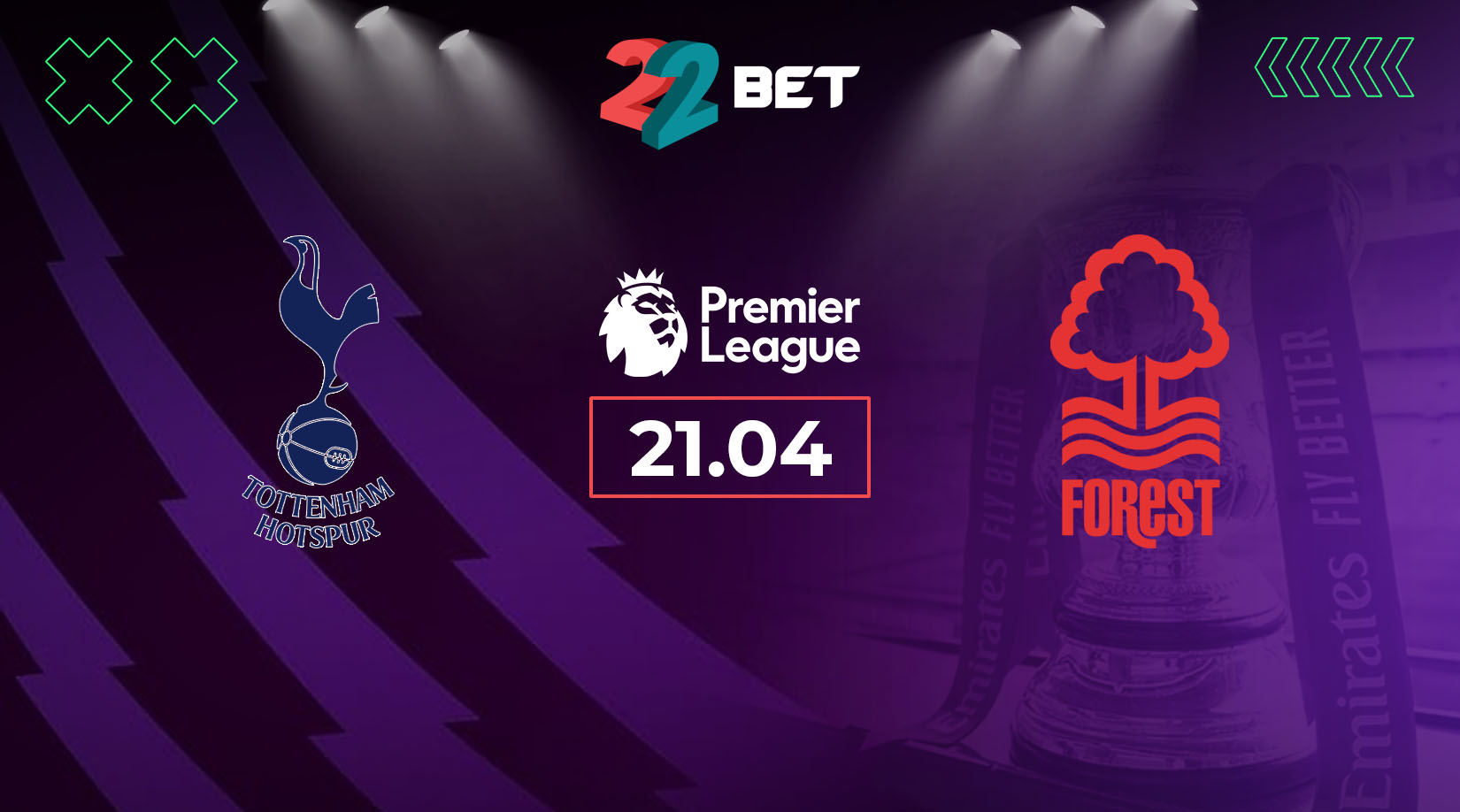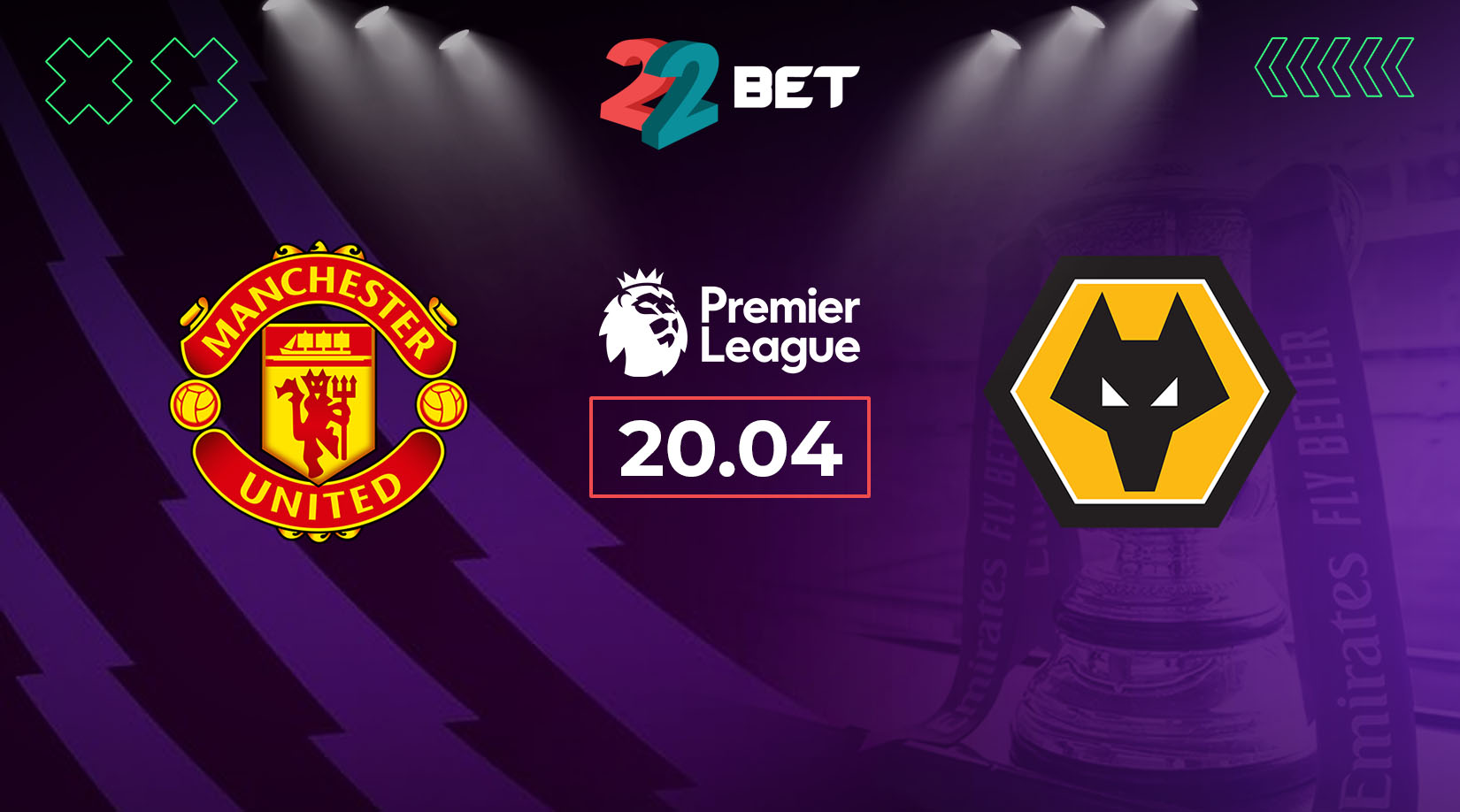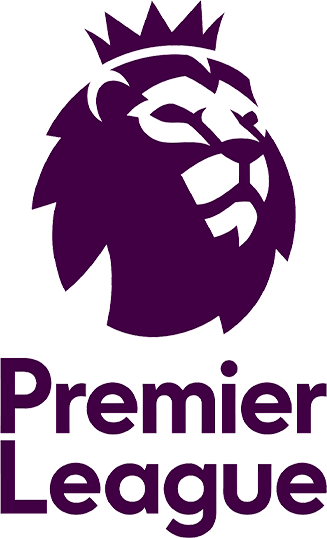From the neighborhood bar to your smartphone screen – who would’ve thought this once-niche pastime would turn into a multi-billion dollar industry?
On a global stage, the numbers tell the story. Think of the snowball effect. The sports betting market for sports leagues and tournaments is growing like a snowball, rolling downhill at 10.3% each year. By 2030, it’ll be a giant $182.12 billion monster!
This growth is fueled by factors like tech innovations that let users practically bet from their hammocks. Not to mention loser laws popping up everywhere turning countries into the Wild, Wild West for wagers. And let’s not forget the popularity of all those teams in various sports categories.
But it’s not just about gamblers placing bets, oh no. The rise of sports betting is also because of developments in fan engagement thanks to modern tech. Sophisticated platforms now offer pre-match betting, live bets, and in-play options, making fans feel like active participants in the game.
However, amidst the excitement, responsible gambling remains paramount. As the industry expands, so does the need for awareness campaigns to ensure player safety. addiction prevention and risk management.
The Attraction Behind Sports Betting
It’s easy to point out the first few reasons why a person would want to try out sports betting. Perhaps, they want to try their luck at the odds, want to join their mates to fit in with the group, or just out of pure curiosity. But what about when they spiral into a frenzy of bad financial decisions?
Delving Deep Into the Psyche: Why Do People Bet?
Betting psychology says that the effects of gambling on a person are just like any other drug or alcohol. Whenever you gamble, you trigger the part of the brain that releases the happy hormones called dopamine.
So when a person gambles too much, they become addicted to this happy hormone. Therefore, chasing after more of it with no regard for the negative effects of their actions.
Gamcare states that succumbing to gambling addiction not only negatively affects different parts of a person’s life. But it can also lead to other mental health issues like
- Low self-esteem
- Depression
- Stress
- Anxiety
The Thrill of Unpredictability and Potential Financial Gains
Apart from the dopamine rush, sports betting is also fueled by the unpredictability of the results and the excitement of winning.
Let’s not sugarcoat it: the prospect of turning a few bucks into a windfall is pretty tempting. Just imagine making the risky bet at the bookmakers you’ve always been thinking about, crossing your fingers, nailing the win, and cashing in twice or even thrice your bet!
But of course, this scenario happens less than we’d want. And while most people find it easy to walk away once they’ve suffered losses, the thrill of the win and unpredictability, along with dopamine, make it hard for some to stop.
Red Flags: Recognizing Problematic Gambling Behaviors
Whatever may be your reason for trying sports betting for the first time, it’s crucial to know the lurking dangers that come with the hobby.
Knowing your limits and recognizing when things cross the line from casual fun to problematic behaviour is vital for betting strategies. So, what are the red flags when it comes to risks and safety?
Symptoms of Gambling Addiction
According to reliable sources like begambleaware and the South African Responsible Gambling Foundation, you may have a gambling addiction if you’re exhibiting the following signs:
- Chasing Losses: This happens when you try to recoup lost bets by wagering even more. It’s like falling into a financial quicksand – the deeper you dig, the harder it is to escape.
- Betting More Than You Can Afford: This should be a neon sign flashing “Danger!”. Responsible betting is about enjoying the game, not risking your money for rent or groceries. If you’re feeling the financial pinch, step away and re-evaluate.
- Lying or Hiding Betting Habits: Secrecy is rarely a good sign. If you find yourself hiding your bets from loved ones or making up stories about your finances, it might be time to address the underlying issue.
- Neglecting Responsibilities: Work, family, and personal well-being should always come before gambling. If sports betting is causing you to skip work, ignore loved ones, or neglect your health, it’s a serious wake-up call.
- Emotional Rollercoaster: The highs of a win and the lows of a loss shouldn’t dictate your emotional state. For example, if you find yourself getting angry after tailgating a losing bet, you may need to revisit what is tailing in betting. Because even though you can copy an expert’s bet, you’re still not guaranteed a win.
Keep in mind that while these are just some red flags, the extent of problematic gambling varies from person to person. If you’re concerned about your own or someone else’s behaviour, don’t hesitate to seek help.
Gamble Aware has a quick assessment that anyone can take to see if they or anyone they know has problems with gambling. The results are also confidential, and you can get instant support by contacting the live chat.

Here are some resources that can help you set limits and gamble responsibly:
- National Council on Problem Gambling (NCPG): https://www.ncpgambling.org/. This website offers information and resources on gambling addiction, including self-assessment tools and a helpline (1-800-522-4700).
- GamCare: https://www.gamcare.org.uk/. This UK-based organization provides information and support for people affected by gambling problems.
- Gambling Therapy: https://www.gamblingtherapy.org/. This online therapy service offers free, confidential support for people with gambling problems.
How a Fun Hobby Can Morph Into a Concerning Habit
We all love the rush of a close game, the camaraderie of cheering with fellow fans, and the thrill of a well-placed bet. But sometimes, that fun hobby can morph into a concerning habit.
The next thing you know, you’re asking “How did I get here?”.
Let’s explore the subtle shift:
- The “Just One More” Trap: Remember that extra bet after a win, hoping to ride the lucky streak? Or the one after a loss, trying to claw back your money? These seemingly harmless “one mores” can become slippery slopes that lead to chasing losses and exceeding your limits.
- From Casual to Compulsive: What started as a weekend pastime bleeds into weekdays. Lunch breaks become betting sessions; evenings turn into obsessing over stats and forecasts. The frequency and intensity of your betting slowly creep up, unnoticed until it’s already affecting your daily life.
- The Financial Fog: Money meant for bills starts disappearing into bets. Savings dwindle, debt accumulates, and problems start to pile up. The once-enjoyable hobby starts casting a shadow of worry and stress over your finances.
- Isolation and Secrecy: The shame of a growing problem often leads to isolation. You lie about your bets, hide your losses, and distance yourself from loved ones. This secrecy becomes a breeding ground for further harm.
At times, people with these signs may not even notice it themselves or are simply in denial. That’s why gambling staff are often trained in Responsible Conduct of Gambling courses.
The Responsible Service of Gambling QLD, for example, trains staff according to the Responsible Gambling Code of Practice before they can work. This way, they can recognize problematic behaviour in patrons.
But even with their rigorous training, not everyone who takes the responsible gambling course will be able to identify every budding gambler addict.
That’s why it’s important for bettors themselves to understand that this shift doesn’t happen overnight. It’s a gradual process, fueled by denial and the allure of the next win, so recognising the warning signs is crucial.
If you see yourself in any of these points, it’s time to take a step back and seek help.
Setting Boundaries: Key to Responsible Gambling
Sports betting is supposed to be fun and exciting. It can even make you feel a little let down from time to time when you lose a bet.
But your reaction shouldn’t lead to rash decisions that could cause harm to you or other people. And that is where responsible gambling comes in.
But what is responsible gambling exactly?
Well, the quick responsible gambling definition is when a gambler sets boundaries to protect themselves from potentially being addicted to the game. And one can do that by setting financial limits and self-regulation.
The Importance of Setting Financial Limits
Sports betting may be about the thrill of the unexpected, but there’s one thing you should definitely expect: your spending limit.
Yes, setting financial boundaries might sound less exciting than a touchdown. But this is the MVP of responsible betting.
Why Limits Matter:
- Budget Bliss: Limits keep your bets within your spending comfort zone so you won’t have to worry about rent or ramen-fueled days. Though some platforms offer responsible gambling refund programs, these are not guaranteed payouts. So focus on managing your bankroll effectively.
- Emotional Stability: Losses sting. But limits prevent them from becoming avalanches that could endanger your finances.
- Healthy Habits: Setting limits builds discipline and prevents impulsive decisions. You’ll become a savvier bettor, not a slave to the thrill.
The Role of Self-Regulation in Determining Bet Frequency and Size
Sports betting can be exhilarating. But responsible bettors know the secret sauce of control: self-regulation. Think of it as your personal spice meter that ensures you enjoy the thrill without getting overwhelmed by the heat.
So, how does self-regulation affect your betting?
- Taming Impulses: Imagine the urge to bet after a close call. Self-regulation is your pause button. It lets you cool down, think rationally, and avoid throwing money into the fire based on emotions.
- Budgeting the Burn: Self-regulation helps encourage financial discipline in betting. If you set limits on how much and how often you increase your bets, you can stay within your financial comfort zone.
- Awareness is Key: Self-regulation makes you aware of your betting patterns. Are you betting more when stressed? Doubling down when you should’ve walked away? This awareness helps you identify and address unhealthy tendencies before they get out of hand.
Tips for Self-Regulation Success:
- Cool Down Periods: Step away after big wins or losses. Take a walk, call a friend, or simply breathe before placing another bet.
- Take a Break: Set reminders or use platform tools to regularly assess your game strategy. Are you still within your limits? Maybe dial it down a notch for a safer and more enjoyable experience.
Remember, self-regulation isn’t about denying yourself the thrill. It’s about enjoying the game responsibly and savouring the excitement without endangering your finances. So, embrace self-regulation and enjoy the more controlled world of responsible sports betting!
Tools and Platforms: Digital Assistants for Responsible Betting
The responsible gambling policy states that it’s not only the patrons’ responsibility to gamble responsibly. Operators and government offices also need to provide help and promote awareness.
But did you know there’s another thing that can help you on your journey?
That’s right! There’s a whole army of digital assistants standing ready on your phone or computer to help and remind you to play safe.
Highlighting Technology’s Role in Promoting Safer Betting Practices
Technology is not merely a spectator in the world of sports betting. It’s an active participant that’s shaping the landscape towards safer and more responsible practices.
Take a look at just some of the self-regulation tools that can help keep your playtime in check:
- Deposit Limits: Imagine a magical vault for your bankroll. Deposit limits are just that – personal fortresses you set on how much you can spend. No more late-night splurges or impulsive bets draining your funds!
- Spending Trackers: These trackers act like your financial accountant, keeping tabs on every wager and offering a clear picture of your betting activity.
- Session Tamers: Ever get lost in the game and feel like hours have flown by? Well, session timers are your friendly watchdogs, gently reminding you to take breaks and step away after a designated timeframe. They’re like personal referees who make sure that you don’t overplay and neglect other aspects of life.
- Self-Exclusion: Feeling the need for a more drastic cooldown? Self-exclusion options are your emergency brakes. They allow you to temporarily or permanently suspend your account on specific platforms.
- Self-Assessment Tools: Take advantage of quizzes and questionnaires that assess your gambling habits and identify potential risks. Early detection is key to preventing problem gambling.
If you feel intimidated by these tools and feel like you wouldn’t know how to use them, remember the time you asked “how does mobile sports betting work?”.
If you learned how to use digital betting platforms, trust that navigating these tools will be a breeze.
But keep in mind that even though you have these tools as allies, they’re not your babysitters. They can’t solve everything, but they can be invaluable companions on your journey towards better gambling habits.
So embrace their power, put them to use, and together, you can navigate the exciting world of sports betting safely.
Organizations Specializing in Gambling Addiction Support
- Country: South Africa
- National Helplines:
- Name: South African Responsible Gambling Foundation (SARGF)
- Website: https://responsiblegambling.org.za/
- Phone Number: +27 11 026 7323
- Support Groups:
- Name: Gamblers Anonymous
- Website: https://www.gamblersanonymous.org
- Meeting Information: [How to find local meetings]
Strategies to Reinvent Your Betting Habits
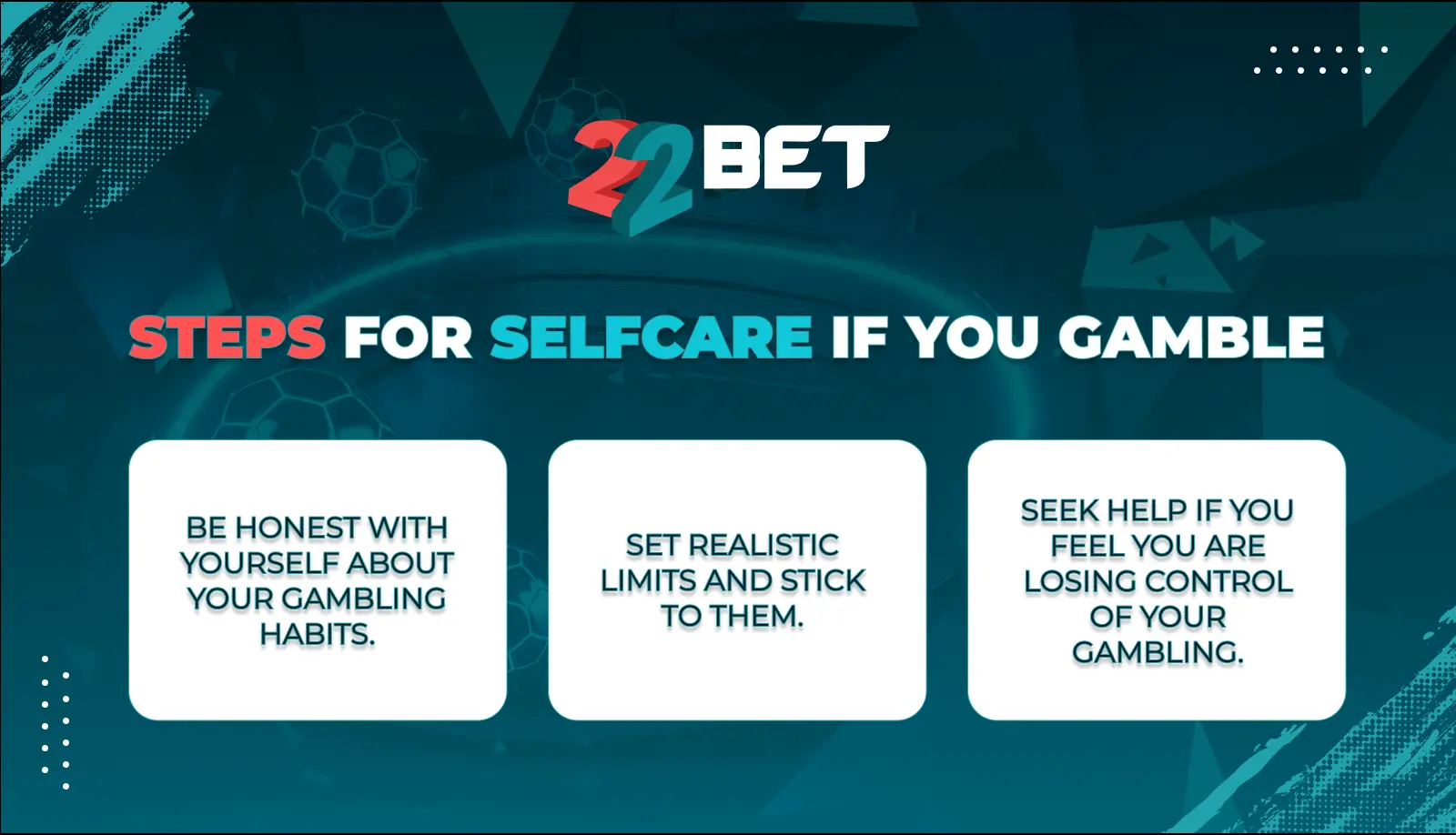
From budget hacks to emotional management, discover how to reinvent your betting habits for a safer, more satisfying experience.
Practical Ways to Minimize Gambling Frequency
Sports betting can be a siren song, pulling you in for one more wager. But sometimes, dialling down the frequency is key to a healthy relationship with the hobby. Chill the gambling urge with these responsible betting tips:
- Time Out Tactics
- Schedule Breaks: Block out “bet-free” zones in your week, say, weekdays for work or evenings for family time. Give yourself space to recharge and rediscover other passions.
- Cool-Off Periods: After wins or losses, implement a mandatory “cooling-off” period before placing another bet. Let the emotions settle and avoid impulsive decisions fueled by the moment.
- Find Alternatives: Replace betting sessions with other activities you enjoy – exercise, hobbies, socializing. Give your mind and body a different kind of thrill.
- Trigger Tamers
- Unsubscribe & Unfollow: Unplug from the constant ping of betting news and promotions. Out of sight, out of mind applies to tempting notifications and social media feeds.
- Limit Triggers: Avoid environments that tempt you to bet, like sports bars or online platforms. Choose neutral spaces where the urge won’t take hold.
- Be Mindful: Identify your personal triggers – stress, boredom, excitement. Once you know the culprits, you can develop strategies to avoid them or manage their impact.
- Support Squad
- Confide in Others: Talk to friends, family, or even support groups about your desire to minimize gambling frequency. If you’re in a venue and have trouble excluding yourself, reach out to staff. They’re usually trained in Responsible Service of Gambling and will be more than happy to assist you.
- Utilize Tools: Many platforms offer self-exclusion options and time-limit tools. Don’t hesitate to use them as temporary or permanent safety nets to break the cycle.
- Seek Help: If you’re struggling, don’t suffer in silence. Reach out to helplines or organizations dedicated to responsible gambling. You’re not alone, and support is available.
Minimizing gambling frequency isn’t about deprivation; it’s about conscious control. It’s about creating a healthy relationship with sports betting, ensuring it fits within your life, not consumes it.
With these practical tips and the support of your squad, you can find a balance that keeps the fun in the game, without letting it control your life.
The Transformative Power of Conscious Betting Choices and Breaks
Sports betting is like a fast-paced dance fueled by adrenaline. But responsible bettors know the power of conscious choices and strategic breaks.
- Conscious Choices
- Knowledge is Power: Ditch gut feelings and arm yourself with research. Some folks might turn to the stars for betting inspiration, wondering “Which planet is responsible for betting?”. But remember, you’ll have better chances in sports betting if you work on your analysis and responsible bankroll management, not celestial alignments.
- Mind Your Mindset: Recognize impulsive urges and emotional triggers. Are you chasing losses or betting out of boredom? Understanding your motivations empowers you to make conscious choices, not knee-jerk reactions.
- Budget Boundaries: Set realistic limits and stick to them. Every bet within your budget is a mindful step towards responsible enjoyment.
- Transformative Breaks
- Cool-Down Cracks: After a win or loss, hit the pause button. Breathe, reflect, and return to the game with a clear head and fresh perspective.
- Tech Time-Outs: Take advantage of platform tools. Utilize session timers, self-exclusion options, and reality checks. These temporary breaks become opportunities to reassess and reset your betting journey.
Conscious choices and transformative breaks aren’t just restrictions. They help you make more rational decisions when it comes to sports betting.
Embracing the Community: Support Systems and Networks
No one ever said this path would be easy. But if there’s one thing for sure is that you won’t have to go through it alone.
Discover the invaluable support systems and networks waiting to empower your responsible gaming sports betting journey.
The Importance of Open Conversations About Betting Habits
The pursuit of responsible gambling thrives on healthy dialogue. But when it comes to betting habits, silence can become a slippery slope. That’s why open conversations are crucial fuel for responsible enjoyment.
Talking it out isn’t a weakness. In fact, it takes strength – the strength to acknowledge, assess, and navigate your relationship with the habit.
- Embrace the Open Mic
- Confide in Trusted Voices: Talk to friends, family, or even support groups like Gamblers Anonymous. Sharing your experiences and concerns fosters accountability and strengthens your resolve.
- Seek Expert Guidance: Don’t shy away from professional help. Helplines and organisations offer confidential support, advice, and gambling therapy from trained professionals.
- Utilize Online Platforms: Connect with online communities dedicated to responsible gambling. Share experiences, learn from others, and find encouragement in shared journeys.
Wherever you are in the world, there are resources and support groups that you can lean on. The Victorian Responsible Gambling Foundation and the National Problem Gambling are just some of the many organizations that provide free and confidential consultations.
Open conversations aren’t judgment zones; they’re safe spaces for understanding and growth. By breaking the silence, you not only empower yourself but also contribute to a more open and supportive environment for everyone.
Government and NGO Efforts in Responsible Gambling
You might have already heard of the efforts of private organizations and charities contributing to the cause. One example is the Responsible Betting NFL program, which allotted $6.2 million to aid problematic gamblers in the US.
Another is the Paddy Power Responsible Gambling advert cast that consisted of sports stars encouraging bettors to be more responsible. And the Coalition for Responsible Sports Betting Advertising, an association that helps make sure that sports betting adverts are made more responsibly.
Well, governments all over the world are also taking action against the gambling addiction problem. The people in these offices are the ones who regulate betting companies, approve licenses and investigate anomalies in the industry.
They also usually have at least one responsible betting campaign that encourages patrons to bet mindfully.
The UK Gambling Commission for example, aside from providing licenses to gambling businesses, also promotes safer gambling practices on their website.
Other helpful projects can include budget allocation to programs and initiatives as done by the Responsible Gambling Fund in NSW, Australia.
Some governments even offer consolidating debts to bettors who took out loans while battling gambling addiction.
Helpful programs like these are a good reason to find out which agency and who regulates sports betting in your country.
A Lifelong Commitment: Continual Education on Responsible Betting
Responsible gambling practices are constantly evolving, and adapting to new technologies, trends, and research. So, why should you stay updated? Well, here’s why:
- Lifelong Learning: New tools, resources, and insights emerge all the time. Make use of online tools and platform verification sites like Crypto Gambling Foundation to ensure you only play on legit sites. Staying informed helps you stay safe during your responsible gambling journey.
- Stay Ahead of the Curve: New challenges can arise with new platforms, games, and social influences. Being aware helps you identify potential pitfalls and adjust your habits accordingly.
- Support the Cause: By actively learning and engaging, you contribute to the collective knowledge base for positive change in the world of responsible gambling.
- Subscribe to Blogs and Newsletters: Stay tuned to reliable sources offering the latest news, research, and tips on responsible betting.
- Explore Resources & Organizations: Check out websites like the National Council on Problem Gambling and Office of Responsible Gambling NSW for valuable information and updates.
- Join Online Communities: Connect with other responsible bettors on forums and groups.
- Be Curious and Proactive: Don’t wait for information to find you. Seek out new research, attend webinars, and explore new resources.
Responsible betting isn’t just about knowing the rules; it’s about owning your choices and dedicating yourself to continuous learning.
Here’s why this personal commitment is crucial, and how to cultivate it:
Why does commitment matter?
When adrenaline pumps and emotions run high, your commitment acts as an anchor. This will keep you grounded through responsible practices. It also fuels your motivation to learn and improve yourself with every progress you make.
How to Cultivate Commitment:
- Set Personal Goals: Define your aspirations for responsible betting – budget limits, time control, and seeking support. Visible goals keep you focused and motivated.
- Track Your Progress: Monitor your actions and note your improvements. Seeing your growth reinforces your commitment and celebrates your achievements.
- Celebrate Milestones: Take yourself out to eat, get a new subscription service, or buy something you like, it doesn’t have to be expensive. Acknowledging and rewarding yourself for staying on track creates positive reinforcement.
- Embrace Openness: Be willing to adjust your strategies and seek help when needed. Personal commitment thrives on flexibility and a willingness to learn.
In the end, commitment is a journey, not a destination. There will be stumbles and temptations. But, your dedication to learning these responsible gambling tips will be your guiding light.
Embrace the responsibility. Fuel your motivation. Watch your journey towards responsible betting unfold with pride.
Disclaimer
This article offers insights into responsible sports betting based on current information and available resources. However, it is important to remember that research and understanding of responsible gambling practices are constantly evolving. We encourage you to stay informed by seeking updates from recognized authorities and utilizing resources offered by organizations specializing in gambling support. Additionally, this article primarily focuses on responsible gambling within the specific context of Tonybet; for broader perspectives and insights, please consult external sources. We believe in promoting responsible gambling practices and encourage you to actively engage in informed and responsible participation.


